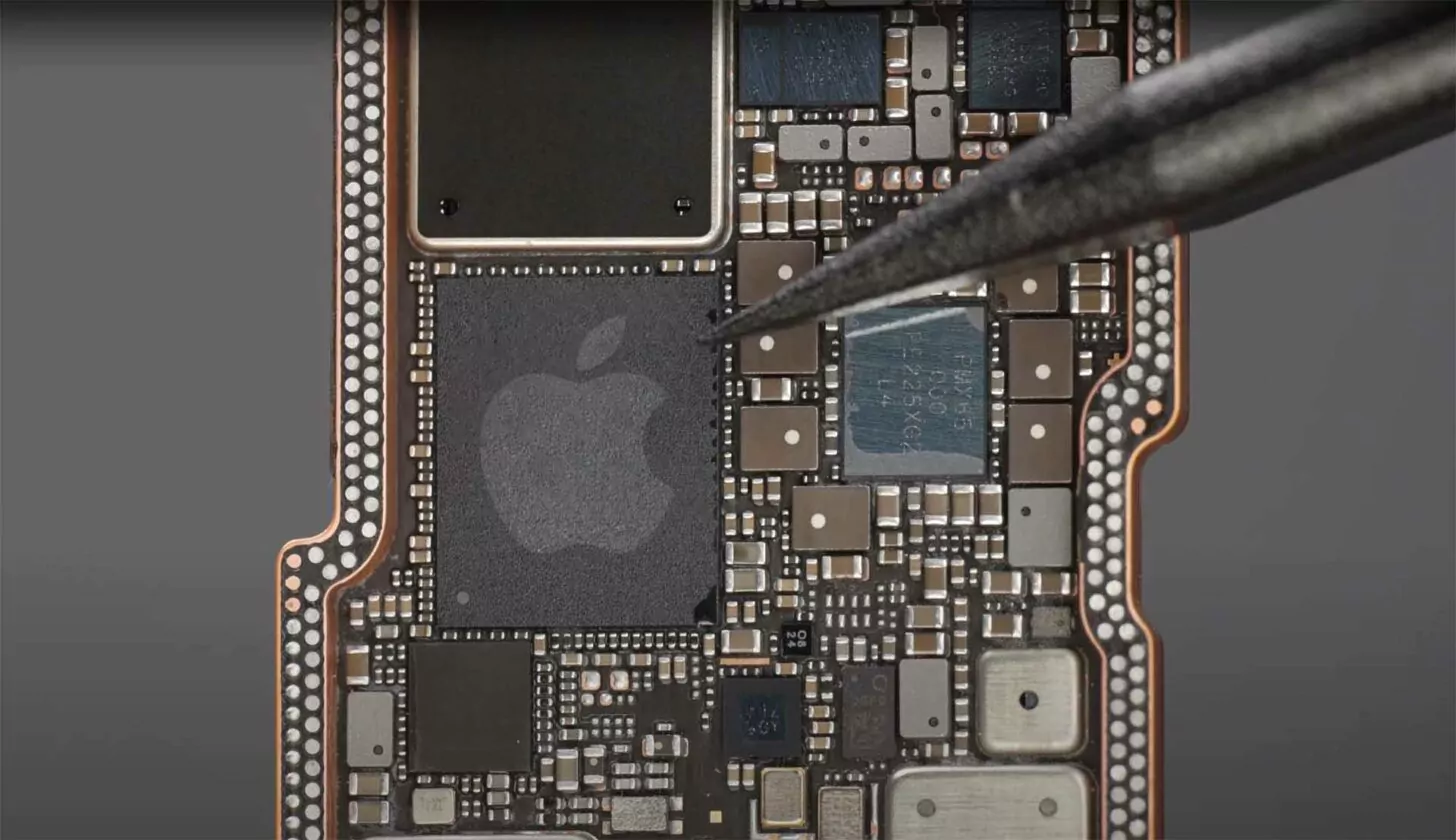Apple’s self-developed 5G modem will use TSMC’s 3nm process
During an interview with reporters at MWC 2023, Qualcomm CEO Cristiano Amon stated that Apple plans to introduce a self-developed 5G modem in 2024. This seems to suggest that after many years of effort, Apple has finally made a breakthrough in the development of 5G modems, thus changing the situation of being exclusively supplied by Qualcomm. This year’s iPhone 15 series became the last series to exclusively use Qualcomm baseband supply.
According to the latest report from Wccftech, Apple will use TSMC’s 3nm process to manufacture its 5G modem, which is expected to enter risk production by the end of 2023 and gradually increase production in the first half of next year. It is understood that the iPhone 15 series will use Qualcomm’s latest Snapdragon X70 this year, and switch to the self-developed 5G modem next year.

Qualcomm’s Snapdragon X65 modem on the iPhone 14
After acquiring Intel’s modem chip business, Apple originally planned to introduce its self-developed 5G modem in 2020 to reduce its dependence on Qualcomm and better control component specifications and costs. In addition, the company could carry out deeper software optimization, but the process has not been very smooth, encountering many obstacles.
Industry insiders point out that Apple’s self-developed 5G modem may initially be produced in small quantities, which means that Qualcomm will still receive a considerable portion of the orders in the coming years. Apple’s next step is to integrate 5G baseband, Wi-Fi, and Bluetooth onto a single chip, including satellite connectivity functions, which will greatly reduce the motherboard area, lower power consumption, and achieve longer battery life. Ultimately, Apple hopes to break free from third-party chip suppliers such as Qualcomm and Broadcom.






